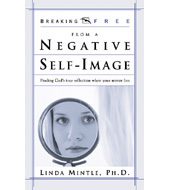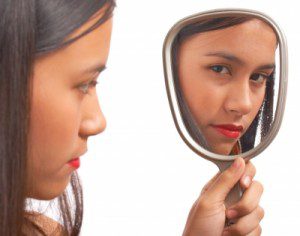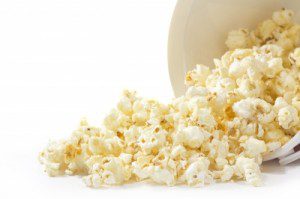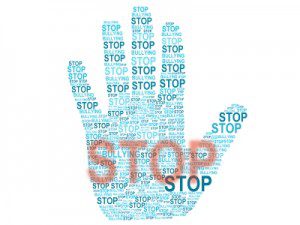When Kelly looks in the mirror, she is usually self-critical. Not much changes when she checks her Facebook every day. She clicks through the posts mostly looking at photos. When she encounters one with her picture in it, she is easily discouraged. Most times, she doesn’t like what she sees.
Our cultural obsession with thinness, body perfection, and youth, coupled with myriad products aimed at improving one’s appearance, all contribute to the rising number of people who struggle with weight, eating and body image. One of the hallmarks of someone with an eating disorder is giving other people the power to define who you are. This usually results in being hypersensitive to criticism, wanting to please others and trying to be perfect.
Now think about what happens when you log in to Facebook. People FRIEND or LIKE you. People post pictures-some flattering and others not so flattering. If you struggle to define who you are, Facebook gives that power to others. In that regard, Facebook is not your friend.
A new study found this to be true. In the study, 960 female college students were asked about their use of Facebook and the importance of LIKES and untagged photos. There were also given the Eating Attitudes Test, a self-report survey. The more time the women spent on Facebook looking at images, the more at risk they were for eating disorders. Those at risk spent more time untagging unflattering pictures and comparing themselves to others. For those at risk, LIKES take on too much significance.
The use of Facebook can reinforce both obsession with appearance and anxiety over insecurity. Facebook is a place where we can easily distort reality and think way too much about presenting our best side.
So if you are going to use Facebook, how much power will you give it to control how you think of yourself? If you use it, you may lose it—that is your confidence and sense of self.
Like any social media tool, Facebook has its positive sides, but for those who struggle with body acceptance and liking themselves, it may have too much of a downside. If you find yourself obsessing and engaging in eating disorder behavior, stop looking! And get professional help.
 For more help: Breaking Free from Negative Self-Image by Dr. Linda Mintle
For more help: Breaking Free from Negative Self-Image by Dr. Linda Mintle
And listen to the Dr.Linda Mintle radio show on Breaking Free from Negative Self -Image



